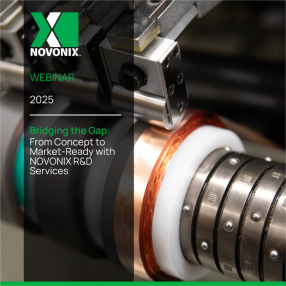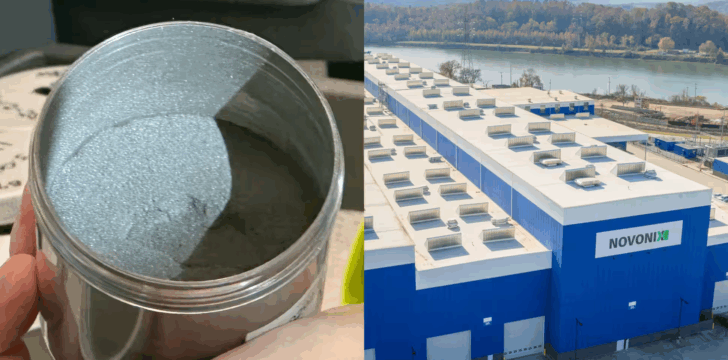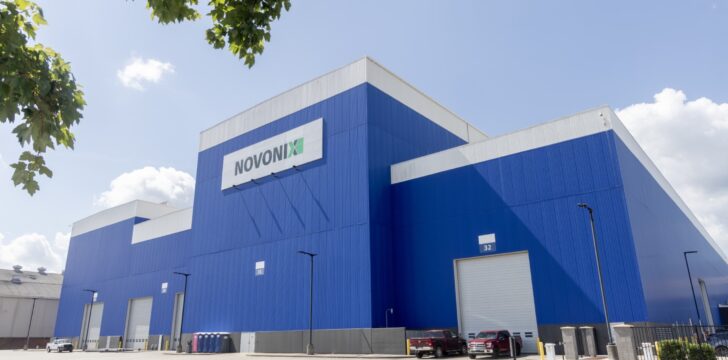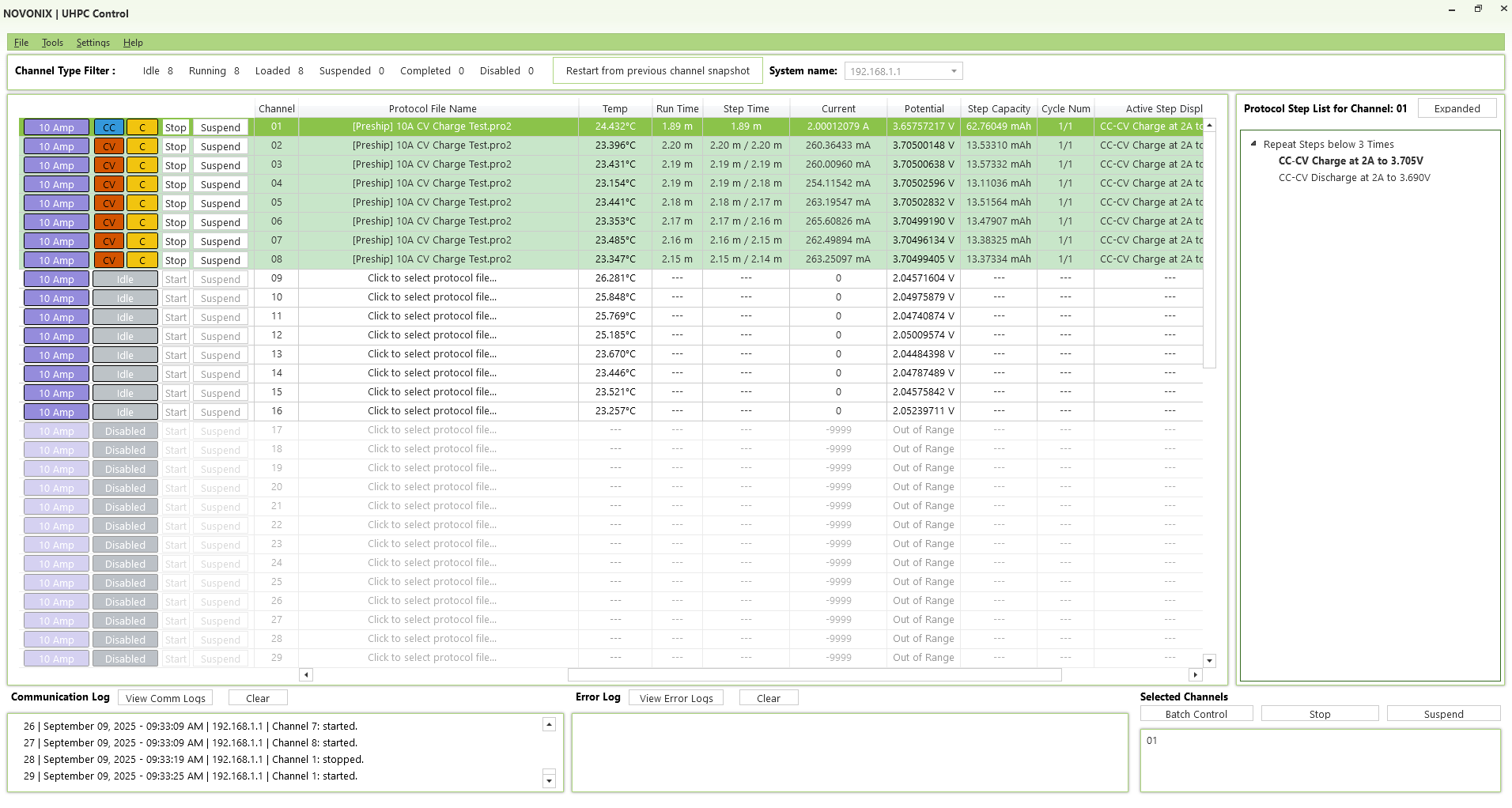Battery recycling refers to the collection and processing of spent batteries to recover valuable materials and prevent environmental harm. As batteries (especially lithium-ion batteries from electronics and electric vehicles) reach the end of their life, recycling can reclaim metals like lithium, cobalt, nickel, and copper, as well as other components such as graphite, manganese, and electrolyte constituents. The process typically involves sorting batteries by chemistry, discharging them safely, mechanically shredding or dismantling them, and then separating the materials through techniques such as pyrometallurgical smelting or hydrometallurgical leaching. Effective recycling reduces the need for virgin raw materials, lowers the environmental impact of mining and refining, and mitigates the hazards of improper battery disposal (like fire or toxic leaks).
NOVONIX supports advancements in battery recycling by analyzing how different battery chemistries and designs affect recyclability. For instance, NOVONIX’s work on cell components (like binders or novel electrode coatings) takes into account how these materials behave at end-of-life processing. Through its , NOVONIX also contributes to the development of standardized testing for recycled materials, ensuring they meet quality benchmarks for reuse in new batteries. By integrating recycling considerations into the development cycle and demonstrating the performance of recycled material in battery tests, NOVONIX helps promote a more sustainable lifecycle for batteries.




